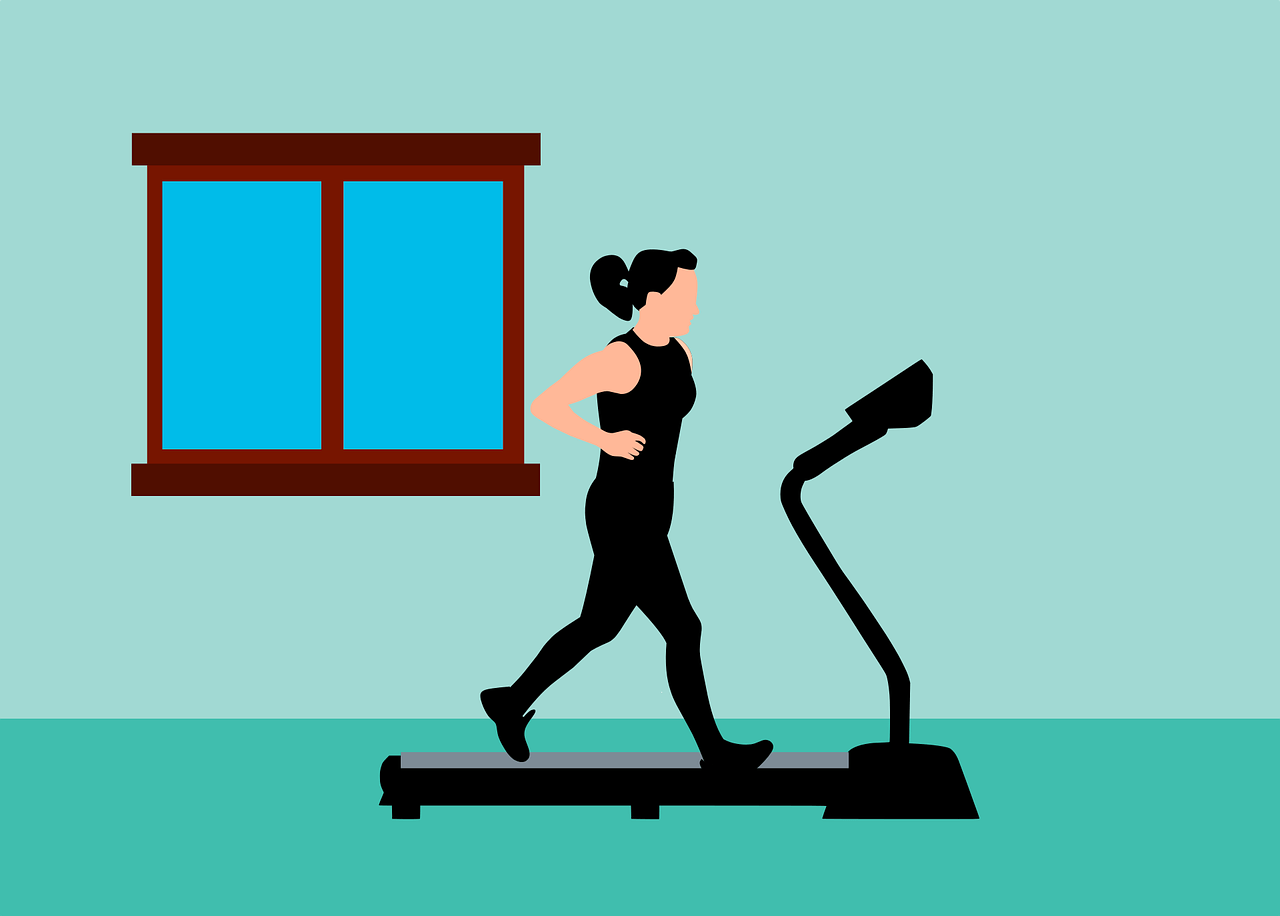Embarking on a fat loss journey can be straightforward with the right approach. Here’s a practical guide to help you create a fat loss diet plan that works for you.
What is a Fat Loss Diet?
A fat loss diet focuses on making healthy food choices that help your body burn fat more effectively. It’s not about depriving yourself but about enjoying nutritious foods that support your weight loss goals.
Why is Losing Fat Important?
Carrying excess fat can lead to various health issues, including:
- Heart Disease: Excess fat increases the risk of heart conditions.
- Diabetes: High body fat can impact insulin resistance.
- Certain Cancers: Obesity is linked to higher risks of specific cancers.
Losing fat improves your overall health, boosts energy levels, and enhances your quality of life.
Building Your Fat Loss Diet
- Eat Plenty of Fruits and Vegetables:
- Nutrient-Rich: They provide essential vitamins, minerals, and fiber.
- Feeling Full: High fiber content helps keep you satisfied longer.
- Choose Lean Proteins:
- Protein Sources: Opt for chicken, fish, beans, tofu, and legumes.
- Benefits: Protein aids in muscle repair and growth and keeps you full.
- Incorporate Whole Grains:
- Whole Grains: Brown rice, quinoa, and whole-wheat bread.
- Sustained Energy: They provide lasting energy and help manage hunger.
- Include Healthy Fats:
- Sources: Nuts, seeds, avocados, and olive oil.
- Function: Healthy fats support cell function and help absorb nutrients.
- Limit Processed Foods:
- Avoid: Foods high in unhealthy fats, sugars, and sodium.
- Reason: These can lead to weight gain and poor health outcomes.
- Stay Hydrated:
- Water Intake: Aim for 8 glasses of water a day.
- Benefits: Proper hydration supports metabolism and helps control appetite.
Create a Calorie Deficit
You must expend more calories than you take in if you want to reduce your weight. This is known as a calorie deficit. Here’s how to achieve it:
- Reduce Calories: Eat slightly fewer calories than your body needs.
- Increase Activity: Exercise to burn additional calories.
Exercise is Key
Exercise complements your diet by helping you burn calories and build muscle:
- Aim for: Most days of the week, at least 30 minutes of moderate-intense activity.
- Activities: Walking, swimming, dancing, and biking are effective options.
Be Patient and Kind to Yourself
Weight loss is a gradual process. Stay positive and celebrate small achievements:
- Progress Over Perfection: Focus on the progress you’re making rather than immediate results.
- Self-Care: Treat yourself with kindness and patience throughout your journey.
Seek Professional Advice
For personalized guidance, especially if you have specific health concerns, consult:
- Healthcare Professionals: Doctors or registered dietitians can tailor a plan that suits your individual needs.
- Safety and Effectiveness: They ensure your weight loss plan is safe and effective.
Conclusion
Creating a sustainable fat loss diet plan involves making healthy food choices, incorporating regular exercise, and being patient with yourself. By focusing on balanced nutrition and consistent activity, you can achieve your fat loss goals and enhance your overall well-being.
Remember: Sustainable weight loss is about adopting healthy habits that you can maintain in the long run.
